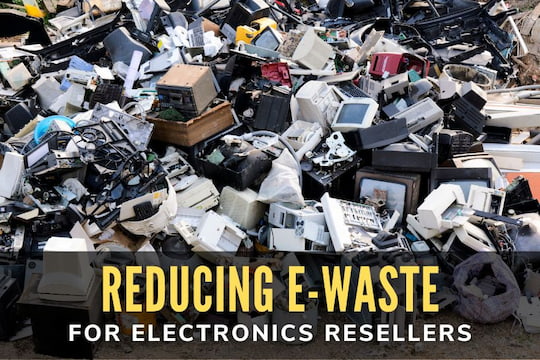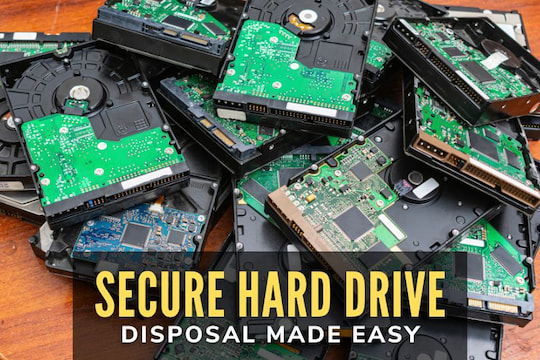As technology grows, there are more and more things that you can accomplish just from your mobile device. Many companies have even started using the “Bring Your Own Device,” or BYOD concept in the workforce. As a result, there is a lot of information that is stored on mobile devices that could be damaging if it was ever leaked. Fortunately, there are a few steps that you can take to improve your mobile data security.

The first thing to do if a company is using the BYOD concept is to separate business and personal use on mobile devices. IT security managers can restrict the location that employees can access corporate data and apps. This means that employees can only have access to the information while they are on the premises. This also helps to control what is being used in the container, as opposed to checking the entire mobile device.
Another thing to consider if using the BYOD concept is to monitor the usage of mobile devices, to ensure secure data access. If a phone is ever lost, for example, there is a lot of information that could be taken from it. To prevent the information from getting leaked, implement a remote data wipe for these devices.
To secure data, you should obtain company information indirectly through application management, such as Mobile Application Management. This allows IT to provide a catalog of corporate developed apps and productivity apps that can be used by employees to help them perform their tasks.
Many times, when checking emails from a mobile device, data is stored locally without much data protection. Make sure that mobile devices are encrypted to create the most protection. Auto-configuring these devices will help enable full encryption and removable media encryption. You can also use over-the-air device configuration monitoring. This will make sure that there is continued compliance with data encryption policies.
Implement moving all data from a private data center to a cloud platform, where you cannot gain access to data without authentication. Instead of getting apps from the iTunes store, it can be safer to have your distribution center of apps. Aside from these things, always remember to use antivirus or anti-malware to help protect your mobile device and learn to secure data.





















